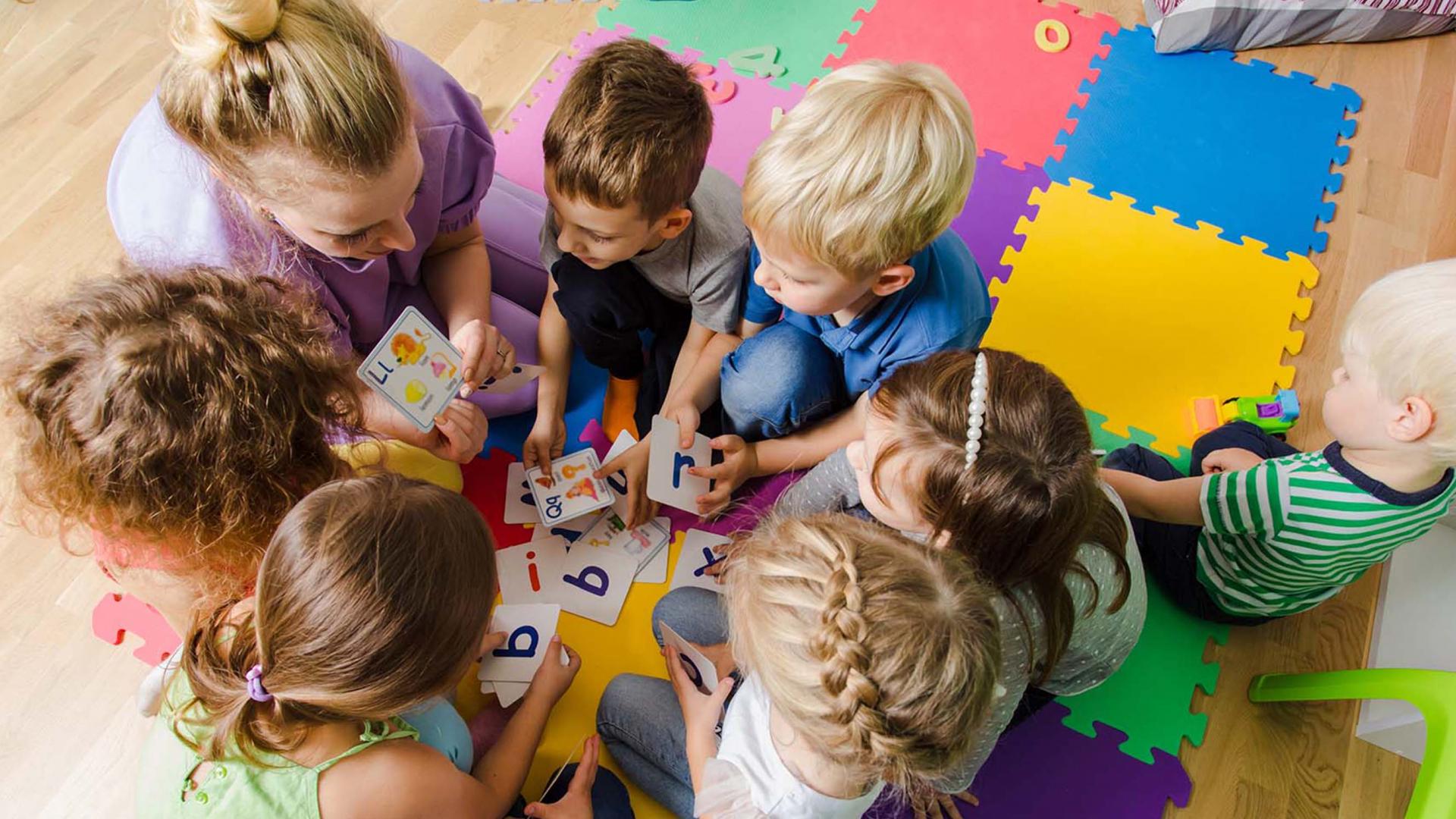Early childhood education plays a crucial role in shaping the future of young children. It provides a solid foundation for their learning and development, setting the stage for academic success, social skills, and emotional well-being. Childcare centers and preschools are essential environments where children not only learn basic skills but also develop important life skills that will benefit them throughout their lives.
The Benefits of Early Childhood Education
Academic Success
- Early childhood education helps children develop essential academic skills such as pre-reading, math, and science, which are fundamental for success in school.
- Children who participate in high-quality early childhood education programs are more likely to excel academically and graduate from high school.
Social Skills
- Childcare in Ryde centers provides children with opportunities to interact with their peers, promoting the development of social skills such as communication, cooperation, and empathy.
- Learning to work and play with others in a structured setting helps children build important social relationships, which are crucial for their emotional well-being.
Emotional Well-being
- Early childhood education programs help children develop emotional resilience and learn how to manage their feelings in a healthy way.
- Children who receive nurturing care and positive reinforcement in childcare centers are more likely to develop a strong sense of self-esteem and confidence.
The Role of Childcare Centers in Early Childhood Education
Safe and Nurturing Environment
- Childcare centers provide a safe and secure environment where children can learn and play without any worries.
- Qualified teachers and caregivers in childcare centers offer nurturing care and support to help children thrive and reach their full potential.
Structured Learning Activities
- Childcare centers offer a variety of structured learning activities that are designed to stimulate children's cognitive, social, and emotional development.
- Through play-based learning and hands-on activities, children can explore and discover the world around them in a fun and engaging way.
Parent Involvement
- Childcare centers encourage parent involvement through open communication, parent-teacher meetings, and family activities.
- Parents play a vital role in their child's early education by supporting their learning at home and collaborating with teachers to ensure their child's success.
The Impact of Early Childhood Education on Society
Reduced Achievement Gap
- High-quality early childhood education programs help bridge the achievement gap between children from low-income and high-income families.
- By providing equal access to early education opportunities, we can create a more equitable society where all children have the chance to succeed.
Higher Graduation Rates
- Investing in early childhood education leads to higher graduation rates and lower dropout rates among students, which benefits the economy and society as a whole.
- Children who receive a strong early education are more likely to pursue higher education and secure well-paying jobs in the future.
Positive Behavior and Health Outcomes
- Children who participate in early childhood education programs are more likely to exhibit positive behaviors and make healthier lifestyle choices as they grow up.
- Early intervention and support in childcare centers can also help identify and address any developmental delays or health issues early on, leading to better outcomes for children in the long run.
In conclusion, early childhood education is a vital component of a child's development and future success. By providing children with a solid foundation in their formative years, we can help nurture bright futures and create a more prosperous and equitable society for all. Childcare centers and preschools play a crucial role in shaping the lives of young children, providing them with the tools and skills they need to thrive academically, socially, and emotionally. Investing in early childhood education is not just an investment in our children's future but in the future of our society as a whole.
